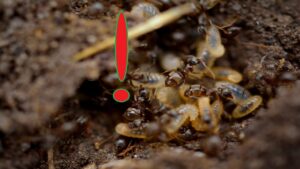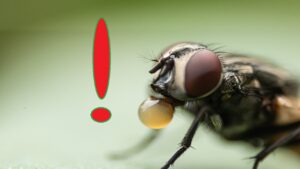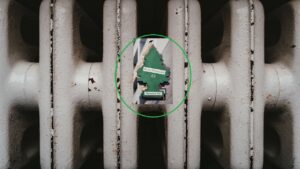If You See These Eggs in Your Watch, Burn Them Immediately
In each article, we’ve emphasized the significance of preserving and respecting nature. While this is crucial, there are times when unexpected situations require important decisions to avoid further damage. An emergency may arise when dealing with unexpected occurrences, such as finding tick eggs in your garden.
Ticks are parasitic mites that feed on the blood of mammals, birds, and sometimes reptiles. Besides causing pain, these parasites can transmit dangerous diseases like Lyme disease.
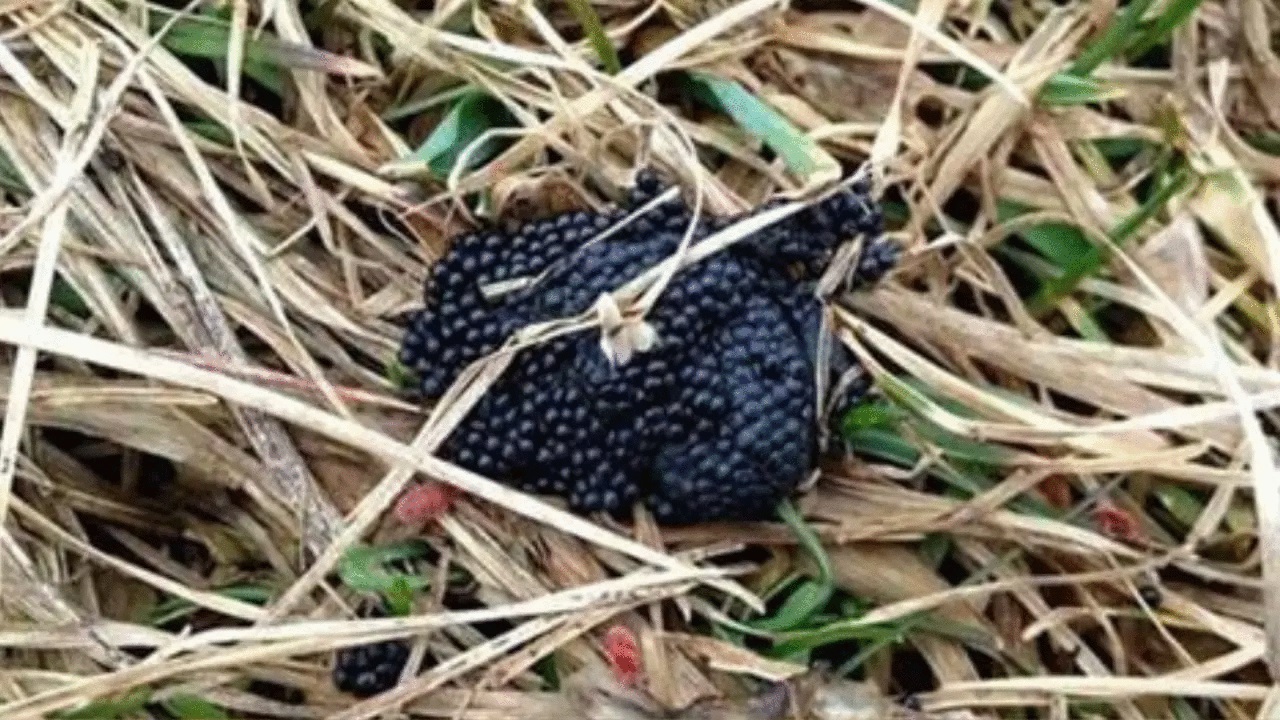
How to recognize tick eggs
Ticks begin their life cycle in the form of eggs. For this reason, it is important to intervene promptly. But how to recognize them? Typically, these eggs are laid in hidden and sheltered locations, such as beneath leaves, in tall grass, or within organic debris.
Tick eggs can appear as tiny pearls, spheres, or ovals. Depending on the species and environmental factors, their color can range from white to beige or light brown. These eggs are typically arranged in groups or clusters. Each cluster may contain several dozen or even hundreds of eggs, as this clustering is a key element of ticks’ reproductive strategy, enhancing the chances of survival for the larvae.
In some cases, if you see ticks moving around plants or animals, their eggs are probably located nearby in the vicinity.
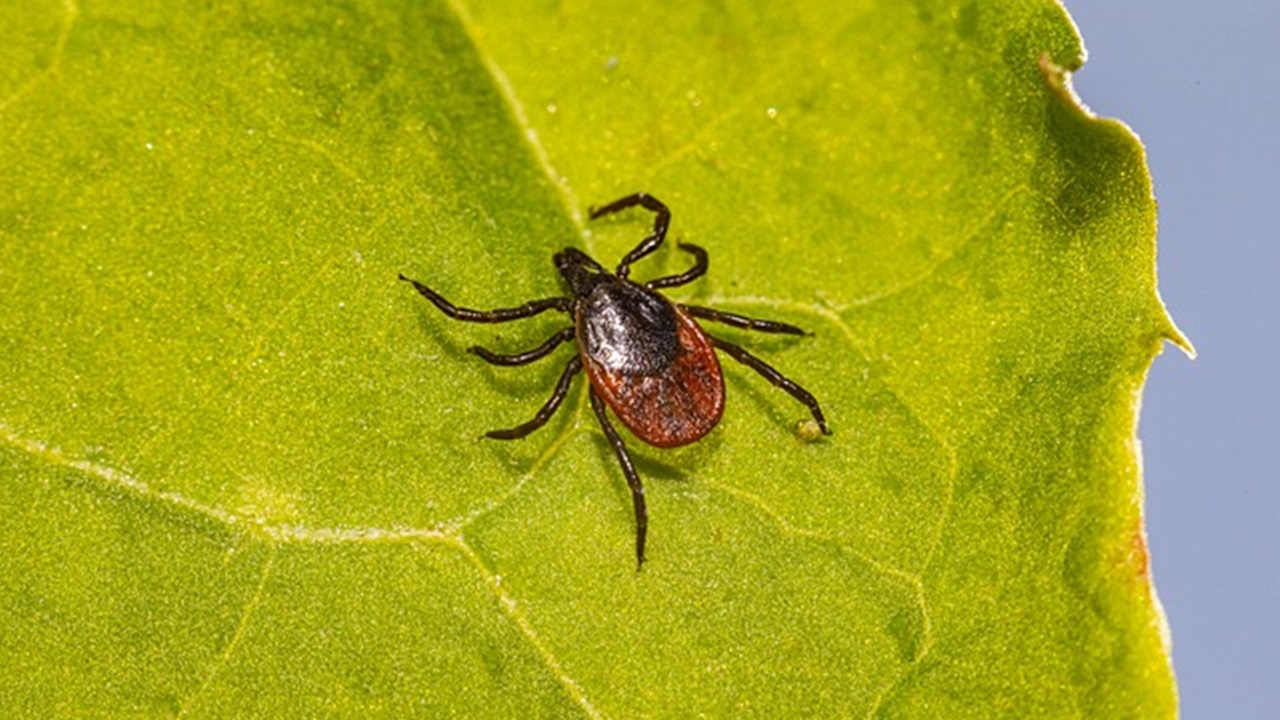
To prevent the proliferation of these parasites, you must first keep the garden clean. Regularly cut the grass, prune trees, and remove dead leaves and organic debris. Ticks thrive in moist and sheltered environments, so a tidy garden reduces their opportunities for residence.
Instead of planting tulips and azaleas, choose aromatic plants like lavender, mint, and eucalyptus, as their strong scents are unappealing to ticks and will help deter them. Furthermore, consider using natural insecticides such as Neem oil or lemongrass essential oil, both of which serve as excellent repellents against these parasites.
